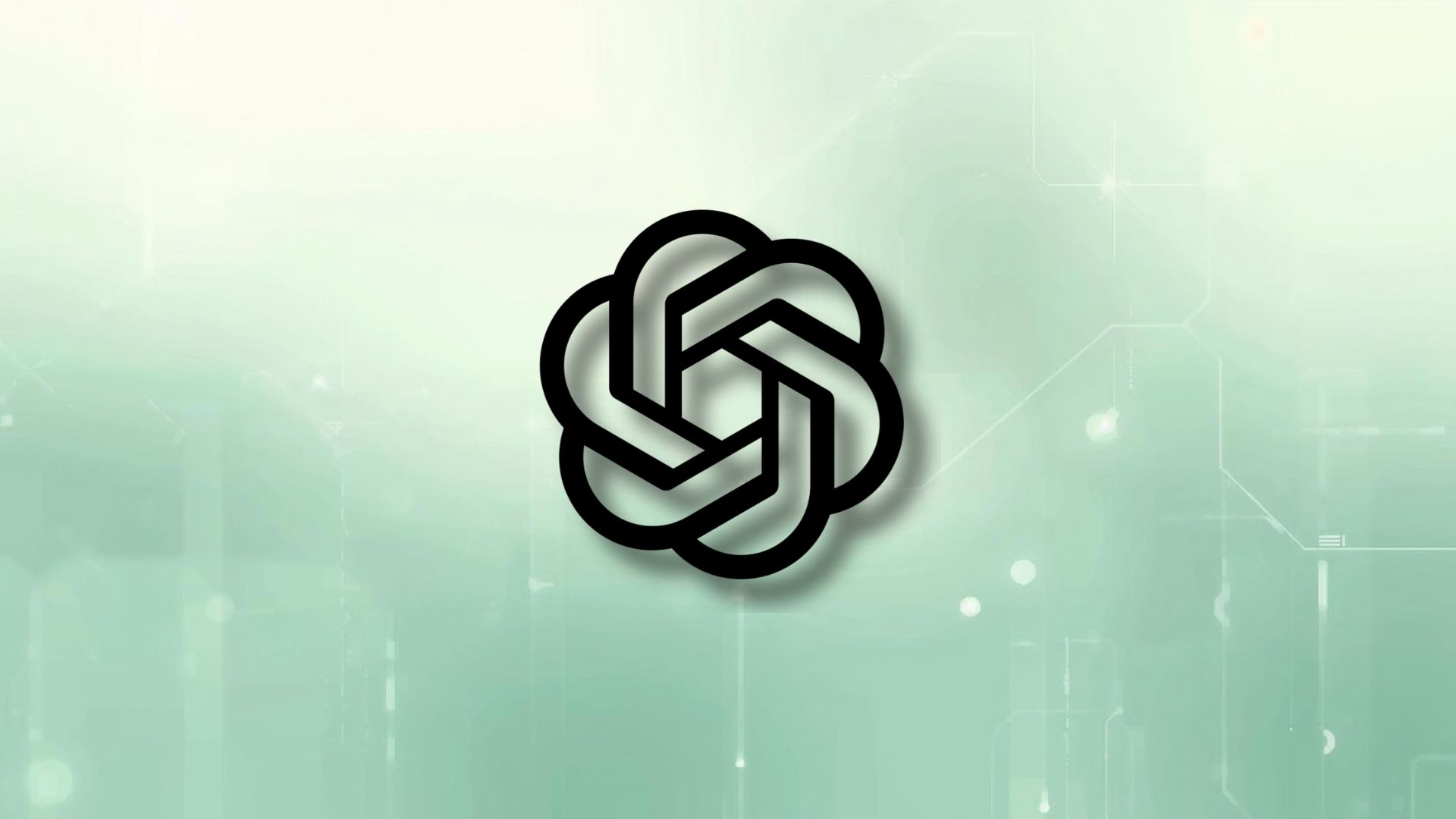The new phase of Vision 2030 is being steered toward technology, digital infrastructure and advanced industry by Saudi Arabia instead of relying on large urban construction schemes.
Officials highlight the need to support sectors that can accelerate innovation, strengthen data capabilities and expand the kingdom’s role in global tech development.
The move aligns with ongoing efforts to diversify the economy and build long-term competitiveness in areas such as smart manufacturing, logistics technology and clean energy systems.
Recent adjustments involve scaling back or rescheduling some giga projects so that investment can be channelled toward initiatives with strong digital and technological potential.
Elements of the NEOM programme have been revised, while funding attention is shifting to areas that enable automation, renewable technologies and high-value services.
Saudi Arabia aims to position Riyadh as a regional hub for research, emerging technologies and advanced industries. Officials stress that Vision 2030 remains active, yet its next stage will focus on projects that can accelerate technological adoption and strengthen economic resilience.
The Public Investment Fund continues to guide investment toward ecosystems that support innovation, including clean energy, digital infrastructure and international technology partnerships.
An approach that reflects earlier recommendations to match economic planning with evolving skills, future labour market needs and opportunities in fast-growing sectors.
Analysts note that the revised direction prioritises sustainable growth by expanding the kingdom’s participation in global technological development instead of relying mainly on construction-driven momentum.
Social and regulatory reforms connected to digital transformation also remain part of the Vision 2030 agenda. Investments in training, digital literacy and workforce development are intended to ensure that young people can participate fully in the technology sectors the kingdom is prioritising.
With such a shift, the government seeks to balance long-term economic diversification with practical technological goals that reinforce innovation and strengthen the country’s competitive position.
Would you like to learn more about AI, tech and digital diplomacy? If so, ask our Diplo chatbot!










